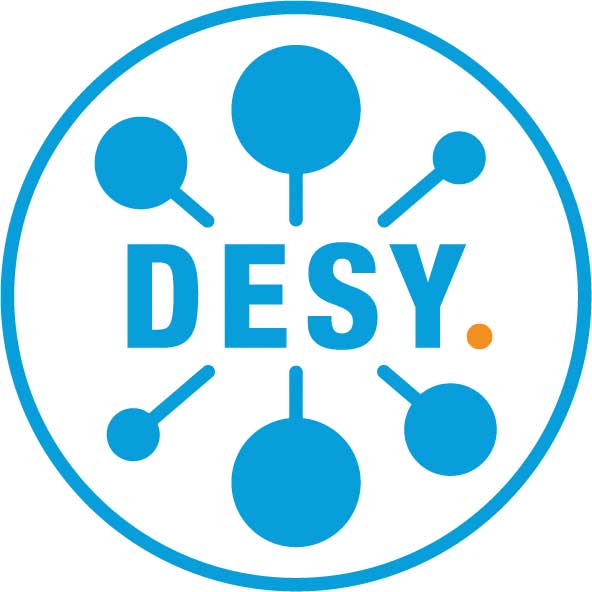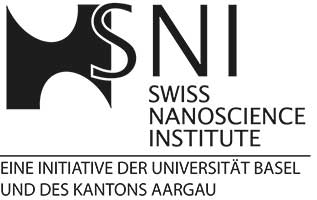Deputy Director of Research – National Quantum Computing Centre
Salary: Band G – £60,026 – £75,417 (subject to experience)
Location – RAL, Oxford
Background information
As part of the UK’s National Quantum Technologies Programme, UK Research and Innovation (UKRI) is leading a programme to establish a National Quantum Computing Centre, which includes a commitment of £93m over five years, dedicated to drive development in the field of quantum computing and to place the UK at the forefront of the field. The Centre is a joint initiative of the Engineering and Physical Sciences Research Council (EPSRC) and the Science and Technology Facilities Council (STFC).
A purpose-built National Quantum Computing Centre will be built and operated by UKRI at the Science and Technology Facilities Council (STFC) campus in Oxfordshire. The Centre will be open and operational by December 2022. Until then, the NQCC’s activities are taking place in other facilities on the Harwell Campus or at partnering institutions. The NQCC will sit alongside other departments within the STFC National Laboratories and will be part of the broader National Quantum Technologies Programme (NQTP).
Position overview
The Deputy Director for Research will have primary responsibility for overseeing the research performed by, or in partnership with the Centre. With input from the NQCC Director, the Deputy Director for Research will define the Centre’s technical goals within the context of a continually updated technical roadmap. Additionally, the role will have a primary responsibility for establishing a rigorous and fair processes for assessing the performance of delivered quantum systems and software (versus other systems, whether of UK-origin or internationally).
The main activities and outputs will include:
- Developing the strategy for the Centre’s R&D programme; in particular, the role will have responsibility to:
– Establish the centre’s technical goals within a continually updated roadmap that is informed by progress on the national and international scenes.
– Identify specific themes within the UK’s diverse hardware community (academic and industrial) where an internationally leading position can be achieved, or cemented, with appropriate engagement from the NQCC.
- To lead, direct and deliver the technology roadmap for the Centre, working in collaboration with the Deputy Director for Innovation. Specifically, negotiate with academic or industrial partners on the details of systems/software to be co-developed or commissioned.
- Work to ensure integration between the hardware and software research communities – researchers on the software side will require access to emerging hardware both of UK-origin and from international providers, which must be successfully tensioned with goal of motivating UK-based hardware development.
- Establish a rigorous and fair processes for assessing the performance of delivered quantum systems and software (versus other systems, whether of UK-origin or originating internationally).
- Working alongside the Deputy Director for Innovation to:
– Ensure that the UK’s burgeoning community of start-ups, both hardware and software focused, can synergise with the Centre rather than be out-competed by it – this may involve presenting the Centre either a ‘co-developer’ or ‘customer’ for early demonstrator products.
– Commission and procure of hardware and services delivered to the Centre by third parties.
- Contribute to the design and realisation of the physical site at Harwell, which specific responsibility for anticipating the needs of researchers (both hardware and software orientated).
- Pioneer the use of non-physical research collaboration spaces:
– Context: Increasingly it’s important for researchers to have available really good virtual conferencing environments so as to minimise the amount of travel (with its time and environmental costs). For the Centre set a high standard here it must:
– Make sure that virtual conferring and related services are considered in the building design and outfitting: room(s) need to be dedicated to it (include large space(s) and booths), staff member(s) need to be trained to facilitate it, etc.
– Liaise with other major quantum centres worldwide to make sure we’re compatible with their facilities, and that users are aware of the options.
– Pioneer options for e.g. non-local conferences where some people are physically present in Harwell while others are present at other location(s) worldwide.
Person specification
- Degree, PhD or equivalent level qualification in a quantum computing-related field.
- Expert in quantum computing and an understanding the overall field including hardware, software, algorithms and potential applications.
- Proven track record of leading, coordinating and delivering research and innovation programmes, drawing support from, for example, universities, business, other government agencies and elsewhere.
- Demonstrable commitment to safe working practices and the well-being of facility users and visitors.
- Experience of developing and maintaining strategic relationships and partnerships and gaining the respect of stakeholders.
- A pre-existing professional network with key stakeholders within quantum computing community and related fields.
- Proven experience as an internationally recognised expert in a relevant field, with a strong existing network across industry and academia.
- Extensive experience and understanding of R&D work across a wide range of disciplines.
- Demonstrable experience in setting and realising technical strategy in an R&D environment.
- Demonstrable capability and judgement to initiate and develop technical programmes, influencing internal and external resource managers.
- Significant experience in a senior management position within a hi-tech or science and technology organization.
- An appreciation of governance and risk management principles (I).
- Experience of building effective cross functional working relationships (I).
Benefits
STFC offers a benefits package designed to provide an excellent work/life balance including 30 days’ annual leave, flexible working hours, a workplace nursery, exceptional pension scheme and social and sporting activities and societies.
To apply
Applicants must include a CV and cover letter outlining their suitability for this role.
Expired






